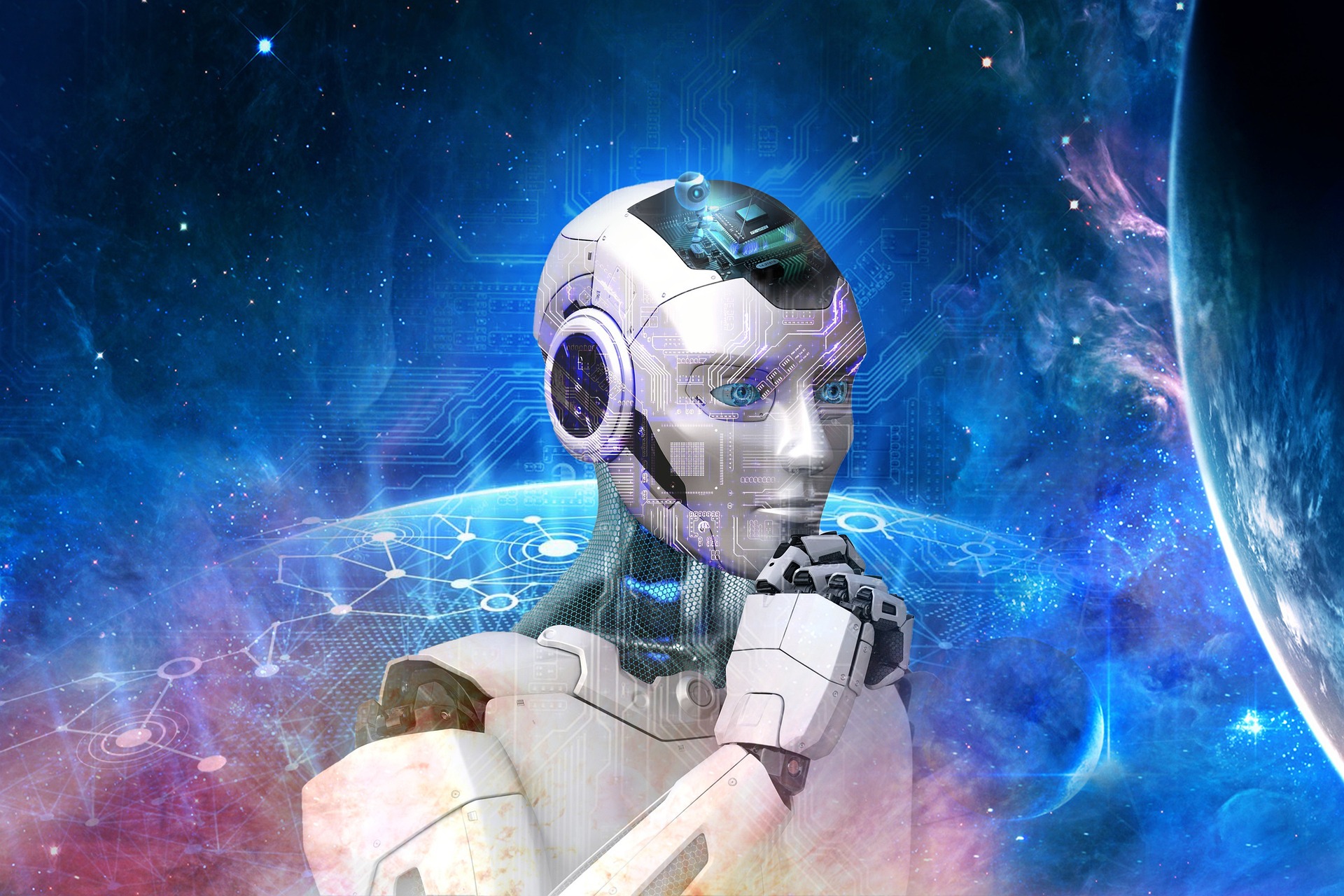Generative AI and automation
How Generative AI and automation will improving the healthcare and patient outcomes

Historically, the healthcare industry has been a late adopter when it comes to implementing cutting-edge technology. As technology continues to advance, we are beginning to witness an evolution in the way we approach the application of artificial intelligence (AI) in healthcare.
One such advancement transforming healthcare is the emergence of Generative AI. In this blog post, we’ll explore the potential of Generative AI to revolutionize healthcare by improving patient outcomes, advancing medical research, and streamlining the healthcare delivery process.
#1 What is Generative AI?
Generative AI, a subset of artificial intelligence, is focused on producing original content like images, music, or text, as opposed to offering predetermined responses to specific inputs. It allows users to engage with a machine learning model trained on extensive data examples, typically by submitting prompts or requests. This technology is particularly useful in healthcare, where it has the potential to revolutionize the way we diagnose, treat, and prevent illnesses.
#2 How is Generative AI improving patient outcomes?
Generative AI has the significant benefit of being able to analyze extensive volumes of medical data, aiding doctors in improving their diagnostic and treatment choices. When utilized alongside UiPath unattended robots for post-processing, Generative AI helps identify patterns that may go unnoticed by human doctors. AI does so by examining a patient’s medical history, genetic composition, and symptoms. These capabilities can lead to better outcomes in disease diagnosis, earlier detection of illnesses, and more precise treatment plans.
Generative AI can also help personalize treatment plans for individual patients based on their unique medical history and genetics. This can result in more effective treatments with fewer side effects. For example, Generative AI can help identify which medications are likely to be most effective for a particular patient, based on their medical history, genetics, and other factors.
#3 Conclusion
Generative AI is a powerful tool that’s transforming the healthcare industry and improving patient outcomes. With our trustworthy and enterprise-ready AI framework, customers can consume, analyze, and act on vast amounts of medical data through AI-powered automation. And doctors can make better diagnoses, personalize treatment plans, and identify new treatments and therapies.
With the ongoing advancement of this technology, we anticipate witnessing even more thrilling progress in healthcare. These developments hold the promise of ultimately benefiting patients and saving lives.



Leave a Reply